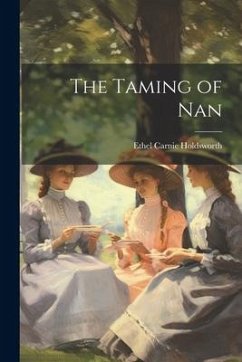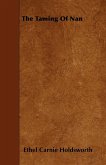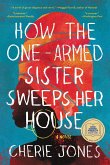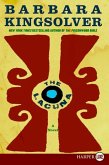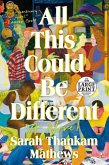This powerful novel tells the story of Nan, a young working-class woman in early 20th century England who is forced to navigate the challenges of poverty, discrimination, and domestic abuse. Holdsworth's work offers a gripping portrayal of the struggles faced by women in this era, as well as a compelling commentary on the gender and class dynamics of society at the time. This book is a must-read for anyone interested in feminist literature and social justice issues. This work has been selected by scholars as being culturally important, and is part of the knowledge base of civilization as we know it. This work is in the "public domain in the United States of America, and possibly other nations. Within the United States, you may freely copy and distribute this work, as no entity (individual or corporate) has a copyright on the body of the work. Scholars believe, and we concur, that this work is important enough to be preserved, reproduced, and made generally available to the public. We appreciate your support of the preservation process, and thank you for being an important part of keeping this knowledge alive and relevant.

